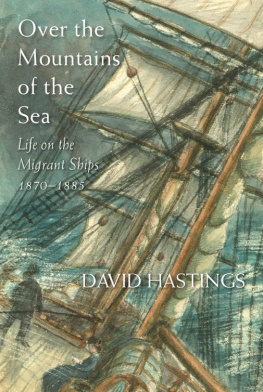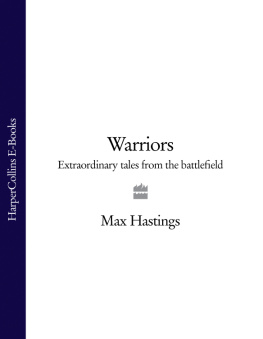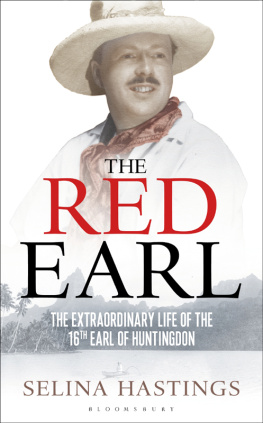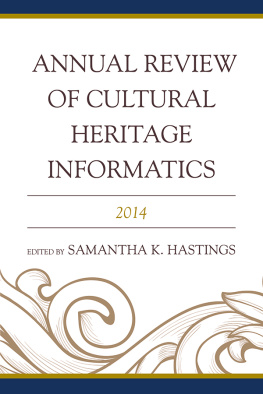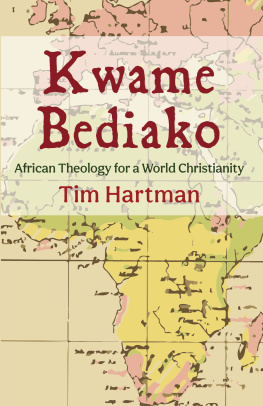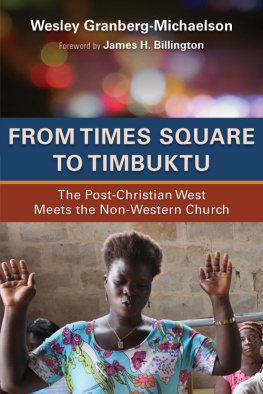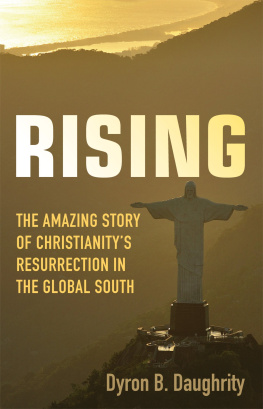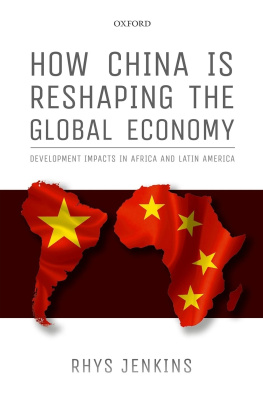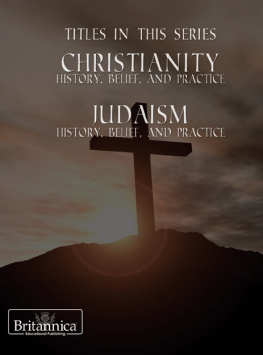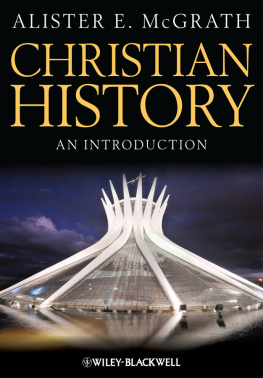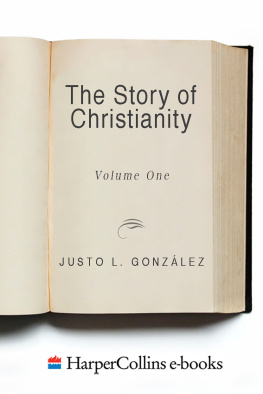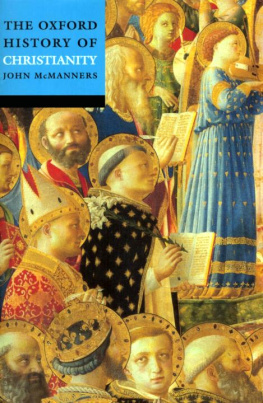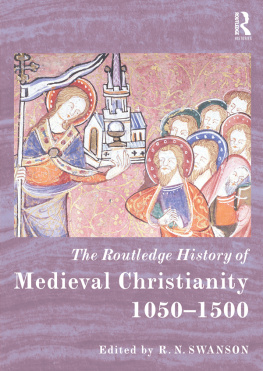Preface
This book originated in the course of 1994, in correspondence between Judith Longman, at the time a Religious Editor at Cassell, and Peter Hinchliff, Regius Professor of Ecclesiastical History in the University of Oxford. He had recently contributed a chapter to the Oxford Illustrated History of Christianity, but, in retrospect, felt that that book, impressive as it surely is, remained rather too Eurocentric, perhaps even too ecclesiocentric, in the way it was shaped. He wanted to attempt something in which the history of Christianity was seen as related more organically to the diversity of the worlds cultures and regions and in which full justice was done to Asia, Africa, America, Australasia and the Pacific.
The plan was agreed, a submission date of early 1997 set, and thirteen contributors were signed up for its various chapters. Peter himself was due to write no more than the Introduction. Then, in October 1995, he died very unexpectedly and Cassell invited me to take over the editing. As I was already part of the team, commissioned to write the Latin American chapter, and as I certainly did not want Peters project to fall apart without him, I agreed to do so. In 1996 one contributor withdrew on grounds of ill health and was replaced. Then in 1997 two more did the same, inevitably disrupting the programme for publication. Benedicta Ward and Gillian Evans gallantly agreed to take over the Western medieval chapter at very short notice. When, however, in October, the writer of Chapter 2 on the Graeco-Roman world withdrew, I decided to write that chapter myself in order to avoid the considerable delay which could be occasioned by seeking an entirely new contributor when most of the rest of the book was already complete. This is the explanation of why two chapters have been written by the editor, together with the Introduction.
I am enormously grateful for the collaboration and patience of all who have taken part in the production of this book with its somewhat troubled history. Perhaps in that it reflects its subject! I can only hope that it remains, more or less, the way Peter hoped it would be. Without him it would never have been begun. The basic chapter plan is entirely his. He wanted the chapters to appear in order, according to when the area in question first entered the story, thus avoiding any impression that the whole of Western European history comes first, to be followed by its expansion elsewhere. Peters too has been the lack of detailed guidance as to content given to the individual writers. Very rightly he insisted that there could be no one dominant theme or consistent emphasis. Each chapter should be structured differently so as to reflect the varied themesspiritual, intellectual, political or socialwhich have been most significant at different times and places within the history of Christianity. The aim throughout has been to provide a history focused upon those dominant themes, rather than a history of everything. Quite deliberately, this is a history of plurality, but because it is a history, not a chronicle, it is focused selectively upon what appears to have most significance for the reader today within each of the different stories it relates.
The differentiation extends as far as the methodology. Thus, while some contributors, writing about areas less generally well known, have included quite a range of footnotes, others decided that there was little point in doing this for subjects already massively covered by readily available literature. This seems to make good sense. Crucial for every chapter, however, are the select bibliographies intended to enable readers to carry the subject further, and it is hoped that they will prove of the greatest use, especially as they are thoroughly up to date. Here again, however, more extended guidance has been provided for some areas where it is less readily available. All this has depended upon each contributor.
In preparing this volume, I owe a very special debt of thanks to Ingrid Lawrie, who has not only typed all my own sections but throughout acted as an additional editor. Without her ever-competent and tireless assistance, the work involved would simply have been too much for me to manage.
Adrian Hastings
Leeds
March 1998
The contributors
Mary B. Cunningham is Honorary Research Fellow in the Institute for Advanced Research in the Humanities and in the Centre for Byzantine, Ottoman and Modern Greek Studies at the University of Birmingham. A specialist in Byzantine homiletics and text editions, she has edited and translated The Life of Michael the Synkellos (Belfast, 1991) and has published articles on Andrew of Crete and other Byzantine preachers.
G. R. Evans lectures in history in the University of Cambridge. Her books include works on Anselm, Alan of Lille, Augustine, Gregory the Great, Bernard of Clairvaux and The Language and Logic of the Bible, 2 vols (198485).
Robert Eric Frykenberg was born and reared in India and is Emeritus Professor of History/South Asian Studies, University of Wisconsin-Madison. His books include History and Belief: The Foundations of Historical Understanding (1996), Delhi Through the Ages (1993) and Guntur District, 17881848; A History of Local Influence and Central Authority in South India (1965).
Martin Goodman is Professor of Jewish Studies in the University of Oxford. He is a Fellow of Wolfson College, a Fellow of the Oxford Centre for Hebrew and Jewish Studies and a Fellow of the British Academy. He has published widely on both Jewish and Roman history.
Adrian Hastings is Emeritus Professor of Theology in the University of Leeds. His many books on Christian history in Europe and Africa include A History of English Christianity 19201990 (1991), The Church in Africa 14501950 (1994) and The Construction of Nationhood: Ethnicity, Religion and Nationalism (1997). He is General Editor of the Oxford Companion to Christian Thought (forthcoming, 2000).


